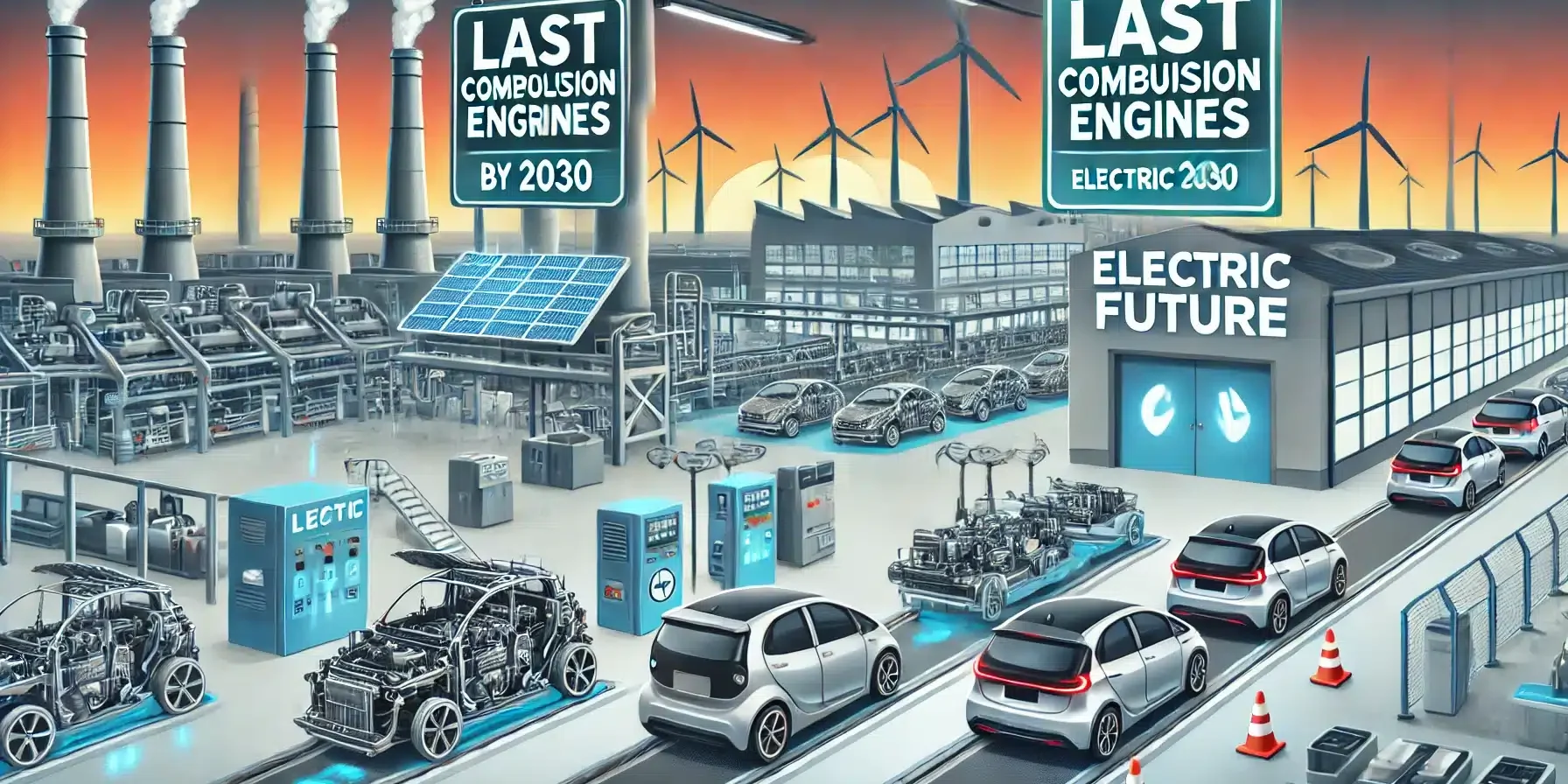End of the Combustion Engine Era? Last Major Manufacturer Announces Complete Transition to Electric Drives by 2030
In March 2024, one of the last major car manufacturers that had not yet announced full electrification of its lineup, Toyota Motor Corporation, declared a complete transition to electric vehicle production by 2030. This breakthrough decision by the Japanese automotive giant, known for its commitment to hybrid technology and cautious approach to full electrification, is seen as a symbolic end to the era of combustion engines in the global automotive industry. Toyota, being one of the world’s largest car manufacturers, plans to invest over 70 billion dollars in the development of electric technologies and the transformation of its production lines over the next six years.
Toyota’s decision is the result of a combination of several key factors. Firstly, growing regulatory pressure worldwide, including the planned ban on the sale of new combustion engine cars in the European Union from 2035 and similar initiatives in other regions, forced the manufacturer to accelerate its electrification plans. Secondly, significant progress in battery technology, including the introduction of a new generation of solid-state batteries that offer greater range and shorter charging times, has made electric vehicles more attractive to consumers. Thirdly, growing environmental awareness in society and changing consumer preferences prompted Toyota to revise its long-term strategy. The company announced that as part of this transformation, it plans to introduce over 30 new electric vehicle models in various segments, from compact city cars to luxury SUVs and pickups.
Toyota’s decision has sparked a wave of reactions in the automotive industry and beyond. Environmentalists and proponents of electromobility have welcomed this news with enthusiasm, seeing it as a key moment in the fight against climate change. On the other hand, trade unions and communities dependent on combustion engine production express concerns about the future of jobs and the need to retrain workers. Market analysts predict that Toyota’s decision could trigger a domino effect, accelerating electrification plans of other manufacturers and suppliers. At the same time, questions arise about the readiness of the global energy infrastructure and charging network to handle the growing number of electric vehicles. Regardless of the challenges, Toyota’s announcement is seen as a turning point in automotive history, symbolically closing over a century-long period of combustion engine dominance and opening a new chapter in the development of sustainable transport.







